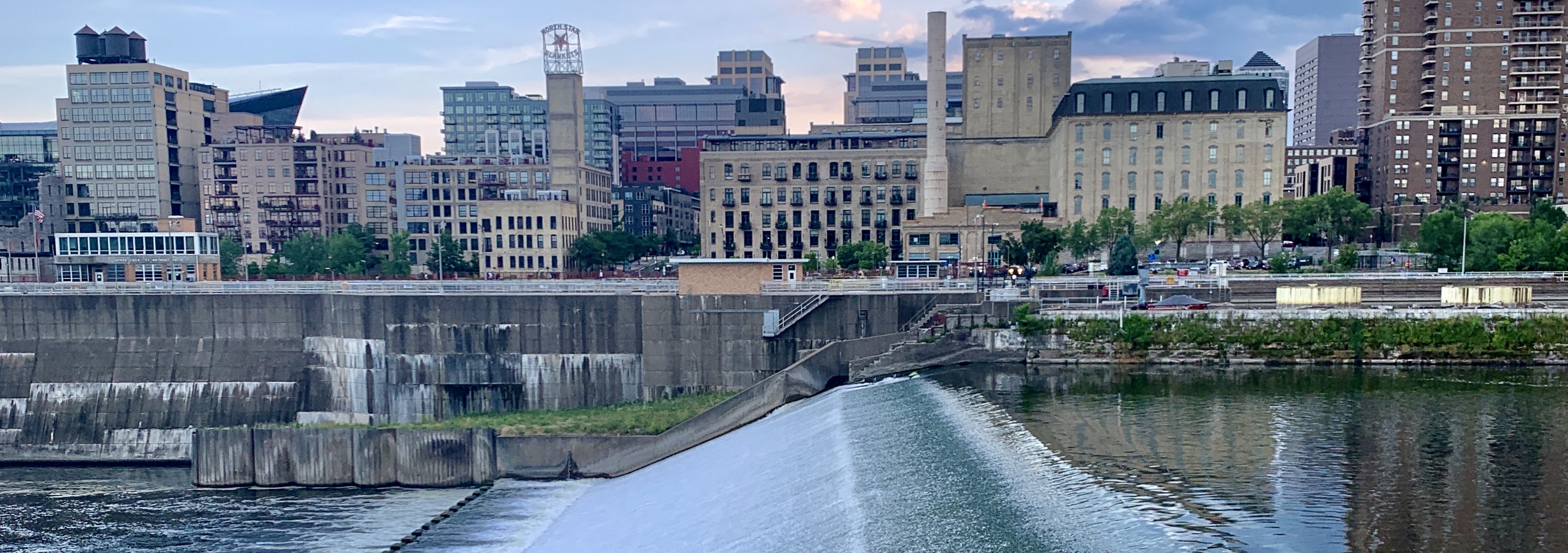


|
||

|
||
DOOM & GLOOM |
||
|
It's too late. Now it's only a matter of how much damage we are going to do and ultimately, who or what will survive? Sound dark? If it makes you feel better, we haven't lost the polar bears yet. So how much time do we have left? Before we're dead? Or before we're uncomfortable? If you have to ask the question, "Who is 'we'?" then we're already uncomfortable. Tell me the question that will motivate humanity. Yes, we still have polar bears for the moment, but planet earth loses one species every hour. 24 species a day (source). What time is it? How many species have vanished today? For each of these it is already too late. In an hour, we'll lose another one. And the next hour after that. And in a month, we'll have lost 720 unique species. By this time next year, almost 10,000 species that exist right now, will be gone forever. How many species are there? Lots. Millions. How long before we wipe them all out? We'll be dead before that happens. We'll be dead because the cockroaches will outlive us. We won't see the end of the earth because by then the earth will have killed us. How long till then? Who's to say? But it's not going to get better. From now until then, it only gets worse. Still not motivated? How about taxes? How much do you pay to have the street in front of your house plowed each time it snows? How much do you pay to have the sewers on your block repaired or upgraded when that becomes necessary? How many of us actually know the answer to these kinds of questions? These very real costs are just rolled into our taxes. And those taxes go up when it snows more. Those taxes go up when rain events exceed the capacity of our sewer systems. Those costs go up when insurance companies stop insuring properties in flood zones that have been expanded because hundred year floods are becoming ten year floods. The federal government insures those houses and we pay to rebuild them each time they are destroyed. And on and on and on. A warming planet is a more expensive place to live. Droughts in one area cause an increase in food prices everywhere. Climate migration destroys property values in one place and increases demand for housing (and therefore the prices) in other cities. |
||